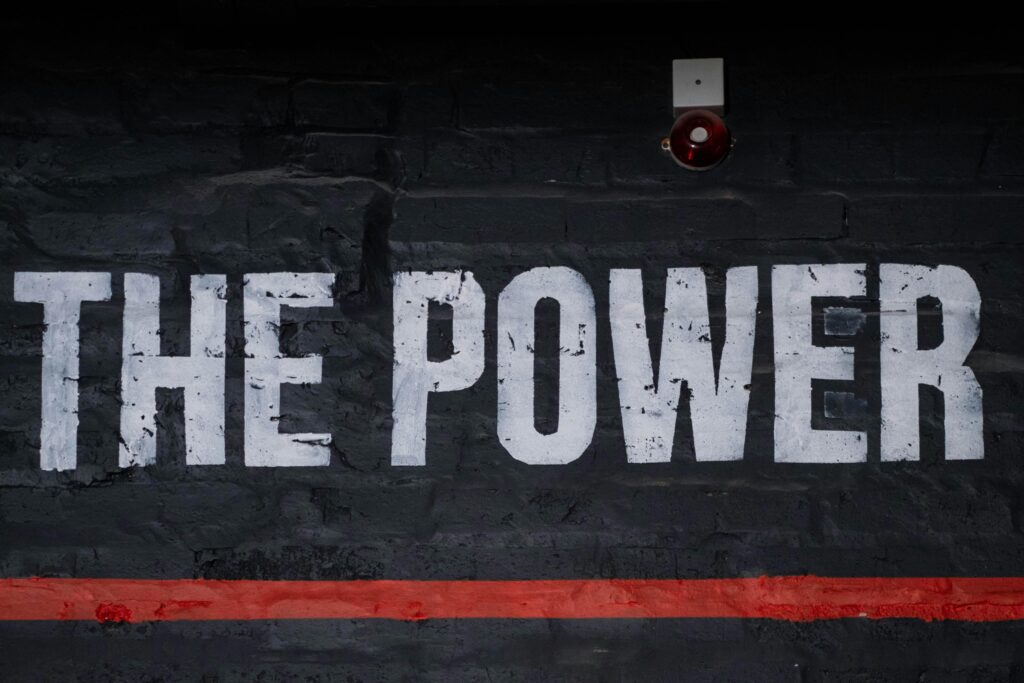- Politics
- Ukraine's Western integration
- By Manohar Patil
Ukraine's Western Embrace: Why NATO and EU Aspirations Stir Moscow's Ire
Ukraine’s fervent desire to integrate with Western institutions, particularly its ambition to join NATO and the European Union, stands as a central and highly contentious issue for Moscow. This aspiration isn’t merely about geopolitical alignment; it touches upon Russia’s deeply held security concerns, its historical narrative, and its vision for a regional sphere of influence. The pursuit of Ukraine’s Western integration has been a major flashpoint, contributing significantly to the ongoing conflict
The NATO "Red Line": Security Concerns and Historical Grievances
For Russia, the prospect of Ukraine joining NATO represents an existential security threat. NATO, originally formed to counter the Soviet Union, is viewed by Moscow as an inherently anti-Russian military alliance. The eastward expansion of NATO since the end of the Cold War, bringing the alliance closer to Russia’s borders, has consistently been a source of deep resentment and perceived betrayal. Russia argues that Ukraine’s membership would place hostile military infrastructure directly on its frontier, fundamentally altering the security balance in Eastern Europe.
Moscow frequently references alleged “oral assurances” from the early 1990s that NATO would not expand eastward, a claim that Western nations dispute. Regardless of the historical validity, this narrative has been a powerful tool in shaping Russian public opinion and justifying its actions. For Russia, an independent, pro-Western Ukraine, especially one potentially hosting NATO forces, is seen as an unacceptable erosion of its strategic buffer and a direct challenge to its national security interests.
EU Membership: A Threat to Russia's Sphere of Influence
While the EU is primarily an economic and political bloc, Ukraine’s ambition to join it is also viewed with deep suspicion by Moscow. Russia has long sought to maintain Ukraine within its own economic and political orbit, evidenced by its efforts to draw Kyiv into the Eurasian Economic Union. Ukraine’s pivot towards the EU represents a fundamental reorientation away from Moscow’s influence and towards a rules-based democratic and economic system.
From Russia’s perspective, Ukraine’s EU integration signifies a loss of geopolitical leverage and cultural affinity. It fears that a prosperous and democratic Ukraine integrated into the EU would serve as an attractive model for other post-Soviet states, further diminishing Russia’s regional standing. The 2013 decision by then-President Viktor Yanukovych to back out of an Association Agreement with the EU, under intense Russian pressure, triggered the Euromaidan protests and ultimately led to his ousting – a sequence of events Moscow viewed as a Western-orchestrated coup.
The Challenge to Russian Identity and Geopolitical Ambitions
Beyond immediate security and economic concerns, Ukraine’s Western integration challenges Russia’s broader historical and geopolitical ambitions. Many in Russia view Ukraine as an inseparable part of their historical and cultural space, considering it a “brother nation” with a shared past. Ukraine’s independent course, particularly its embrace of Western values and institutions, is often portrayed in Russian state media as an artificial construct orchestrated by external powers to weaken Russia.
For President Putin, a strong, independent, and Western-aligned Ukraine fundamentally undermines his vision of a resurgent Russia reclaiming its historical great-power status and maintaining a sphere of influence over its immediate neighbors. The conflict, therefore, is not just about territory or security alliances; it is a profound clash of national identities, strategic visions, and the very concept of sovereignty in the post-Soviet space.
In conclusion, Ukraine’s aspirations to join NATO and the European Union are far more than mere policy choices; they represent a direct challenge to Russia’s strategic imperatives, historical narratives, and geopolitical ambitions. This fundamental incompatibility lies at the heart of the protracted and devastating conflict, making the path to any lasting resolution incredibly complex.
Share this Article
WhatsApp
LinkedIn
Telegram
Email
Get Daily Updates to Your Inbox
Subscribe to News Letter
Advertisement


